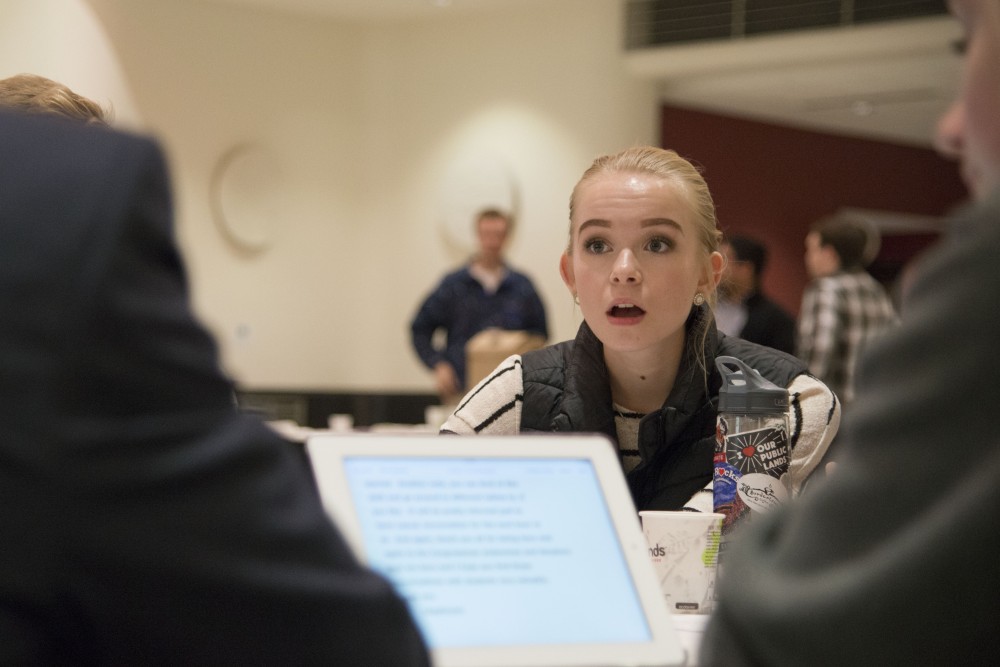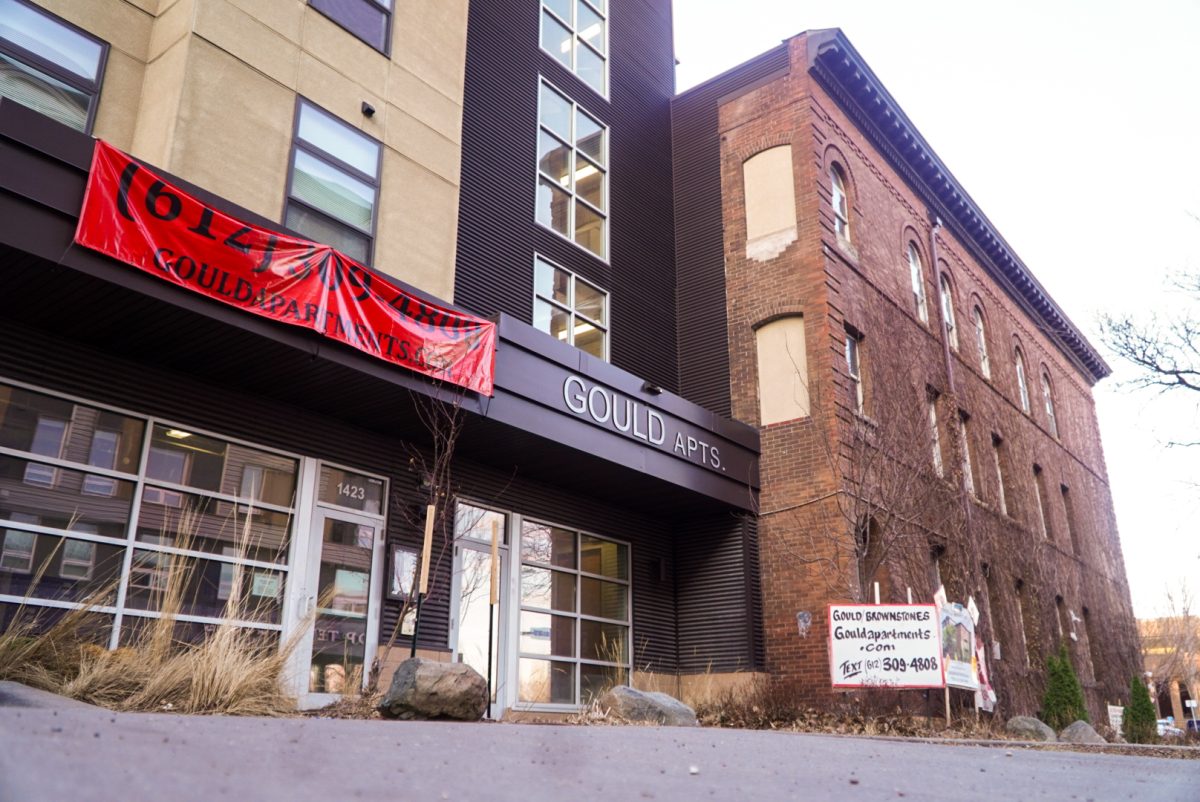The University of Minnesota’s student government organizations are solidifying an agreement for choosing student representatives to the Board of Regents.
Each year, the University system campuses select eight students to represent their respective student bodies and publish a report each March outlining the interests of their schools. This includes four students from the Twin Cities and four from other University campuses. The four students from the Twin Cities campus are typically comprised of two Minnesota Student Association representatives and at least one representative from both the Council of Graduate Students and Professional Student Government.
Due to lack of clarity regarding the selection process last year, COGS elected to vote for their representative in their general assembly, whereas MSA and PSG opted for the joint committee selection process. Subsequently, the joint committee recommended three MSA representatives and one from PSG.
Though the appointment of the four representatives was delayed until an agreement could be reached between the three student government associations, a new document, a memorandum of understanding, is being adopted to reduce future confusion and support more equitable representation.
Sean Smallwood, the student governance advisor for the University’s Office of Student Affairs, helped facilitate the creation of the memorandum.
“Each body makes at least two recommendations of folks that they would want to be considered as part of the interview process,” Smallwood said during a Feb. 5 COGS meeting. “That group of students is then sent of to a joint committee, which is comprised of about seven people … to kind of be a checks and balances for conflicts of interests and biases.”
The memorandum acts as a compromise between the wants of each student organization.
“COGS wanted to have their general assembly involved in order to preserve the democratic nature of selecting their representatives,” said President of PSG Alanna Pawlowski. “We basically wanted to provide for a process that would address the concerns of each student government and also adequately address the collaborative nature of the student representatives.”
Harrison Frisk, vice president of COGS, said he’s thankful that there will be “more well-established, less confusing” measures to select representatives that play to the strengths of each student government association.
“I think we each have our own strengths as organizations,” Frisk said. “Grad students typically are really research-based and really good about digging into policy details and things like that. PSG has proven itself time and time again to be full of fantastic lawyers who can workshop language better than when COGS does it independently. And MSA has just such a huge student body and really fantastic, talented leaders and … more of a connection to the campus culture.”
According to MSA President Simran Mishra, the memorandum has been adopted by the bodies of each student government and collected all the necessary signatures from student group leaders. Now, it is just the implementation process.
“Our executive board is really excited to see the streamlined change because the representatives to the Board of Regents play such a crucial role in our advocacy,” Mishra said.
Correction: A previous version of this article falsely stated that COGS did not receive a representative to the Board of Regents. The joint selection committee nominated three MSA representatives and one from PSG, but two from MSA, one from PSG and one from COGS were selected.








